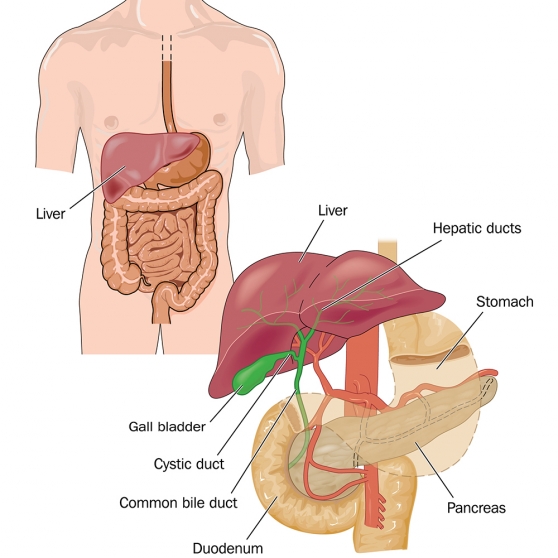Enterovirus D68 — What Parents Need To Know
An enterovirus is a term for viruses that live in the human digestive tract and cause a range of different symptoms, from mild to serious. The most well known of these virus is poliovirus — the cause of paralytic poliomyelitis, commonly known as polio. While polio was targeted for global eradication through vaccination and has been eliminated in the Western Hemisphere, non-polio enteroviruses are still very common. According to The Centers for Disease Control and Prevention (CDC), non-polio enteroviruses cause about 10 to 15 million infections in the US each year. This makes them the second most common viruses that infects humans worldwide. Number one on the list? Rhinoviruses, which belong to a group of viruses that cause the common cold.
1/7
Reviewed by:
Review Date:
August 4, 2015Citation:
Medicine Net, "Non-Polio Enterovirus Disease" CDC, "Enterovirus D68" Mayo Clinic, "Mayo Clinic Health System offers enterovirus D68 information and prevention tips" Enterovirus Foundation, "Symptoms" Image courtesy of Legger | Dreamstime.com Image courtesy of Constantin Opris | Dreamstime.com Image courtesy of Poznyakov | Dreamstime.com Image courtesy of Luis Louro | Dreamstime.com Image courtesy of Skypixel | Dreamstime.com Image courtesy of Wetnose1 | Dreamstime.com
Last Updated:
August 4, 2015
